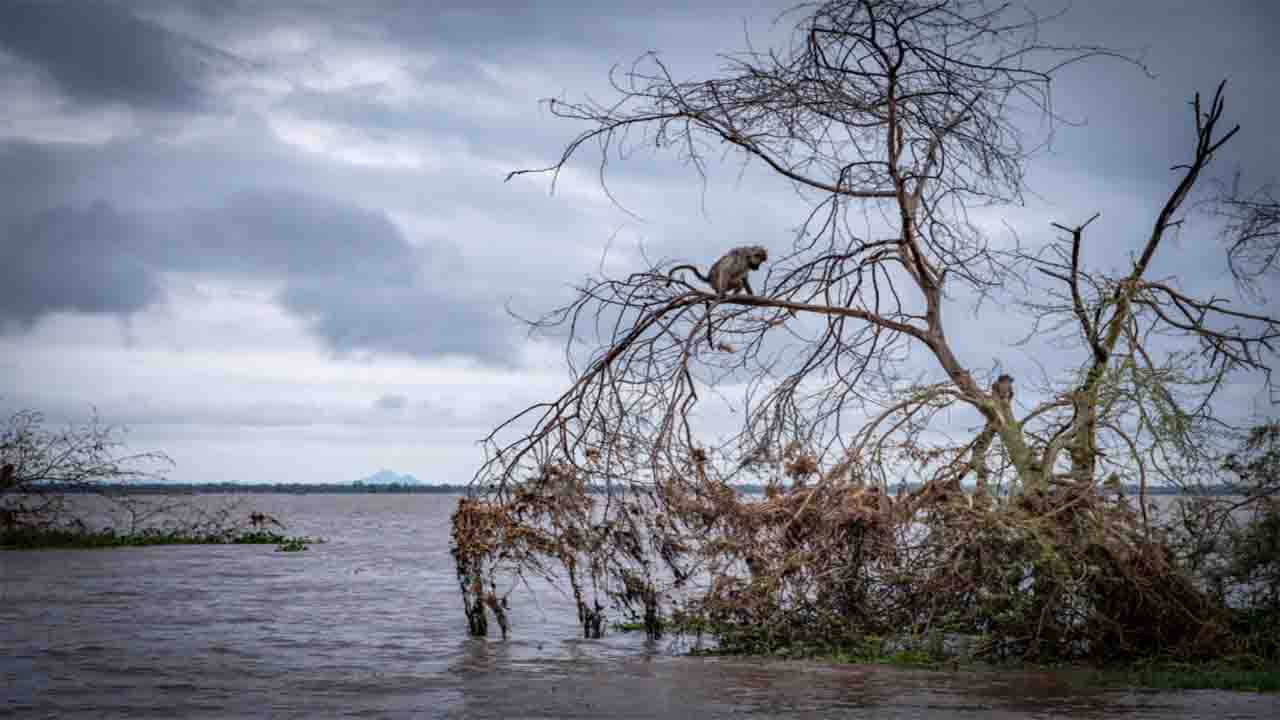Recent research has unveiled a surprising yet significant correlation between the size of animals and their survival during catastrophic tropical cyclones. Published in Nature, this study delves into the repercussions of extreme weather events exacerbated by climate change, offering valuable insights that can assist wildlife managers in formulating strategies to safeguard vulnerable animal populations.
The investigation unfolded during Cyclone Idai in 2019, recognized as the deadliest storm on record in Africa. Employing GPS collars, cameras, and aerial surveys, researchers meticulously observed a diverse range of animals, from antelope to elephants, in Mozambique. The results revealed a prevailing trend: larger animals demonstrated higher survival rates during the cyclone in comparison to their smaller counterparts. The advantage stemmed from the ability of larger animals to navigate away from floodwaters, whereas smaller animals were more inclined to remain stationary, exposing them to heightened vulnerability due to limited mobility.
Beyond mobility considerations, the study emphasized the pivotal role of energy reserves. Larger animals, benefiting from stored energy, experienced a reduced risk of starvation, in stark contrast to smaller animals, which were more susceptible to food scarcity. Population estimates taken 20 months post-cyclone illustrated these patterns, with smaller species like oribi and reedbuck witnessing declines of 47 to 53 percent. Conversely, larger species such as wildebeest, buffalo, and elephants registered increases of approximately 27 percent.
Dr. Kaitlyn Gaynor, a co-author and assistant professor in the UBC department of zoology, underscored the nuanced responses of different species to environmental changes, hinting at potential winners and losers in the context of climate change. The study’s implications extend beyond Mozambique, serving as a poignant reminder that climate-induced alterations could reshape ecosystems globally, transcending geographical boundaries and impacting regions like Canada.
As climate change continues to propel more frequent and severe weather events, unraveling the diverse responses of wildlife becomes imperative. This research not only underscores the critical importance of preserving biodiversity but also furnishes valuable insights for conservation efforts. Understanding and adapting strategies to protect animal populations vulnerable to the escalating impacts of climate change emerge as key imperatives for a sustainable and resilient future.








